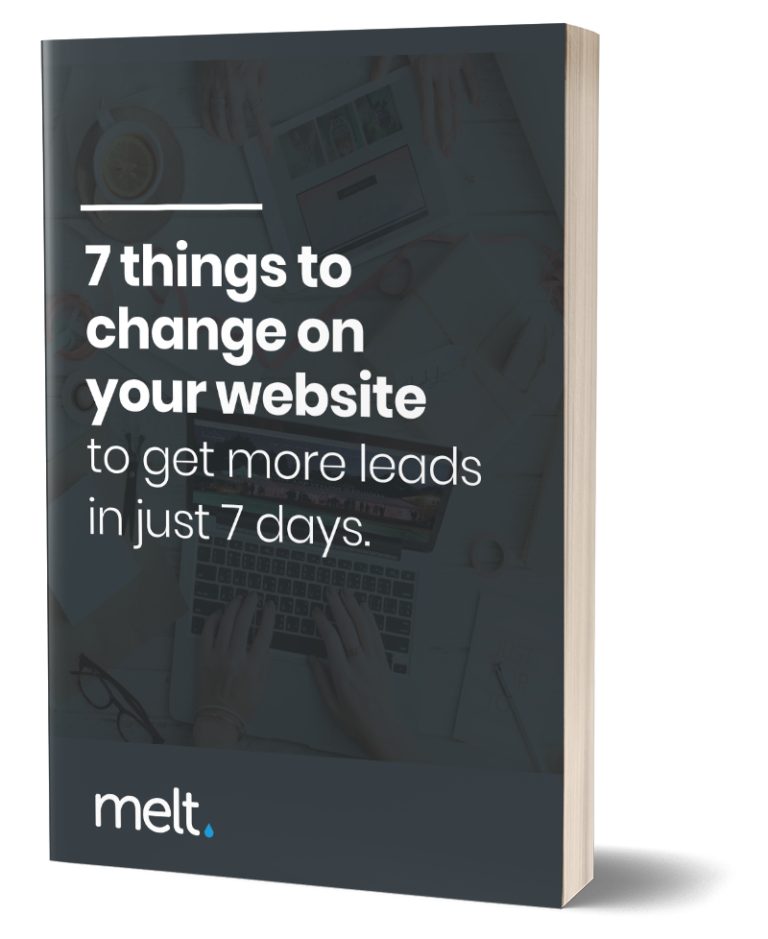Some things in life are best enjoyed at a slower pace – art galleries, fine dining, a good whiskey. While others need speed to be enjoyed; F1, service at your favourite restaurant and website loading times.
If you’ve ever clicked on a website only to find yourself waiting for what feels like an age for it to load, you’ll know how annoying it is. And on those days when you’re running low on patience, you’ll be clicking the back button with the ferocity and speed that you wish the website could possess.
So why is speed so important, and what can you do if your site is slow?
Why Speed Matters
Our expectations have changed. One-day delivery and super-fast connections have made us impatient. Back in the 90s, when dial-up was a thing, it didn’t matter that a web page loaded in sections. But now, there’s a finite window that consumers will tolerate.
The speed of your site matters because it impacts the user experience, return traffic and search engine ranking.
Customers Won’t Accept Slow
What does your average, impatient Joe do when the site doesn’t fully load? Well, Google says that 53% of users will leave before waiting. And do you blame them? How many websites have you clicked away from because it’s taking more than a few moments to see the homepage or get the search bar up?
So you know that you’ll lose at least half of your visitors if your site loads at a snail’s pace, but how much difference will it make if it is just a little sluggish?

Discover where your website is holding you back with a free, personalized audit report. Uncover what's keeping your site from reaching its full potential and start taking action today!
The stats show that faster pages translate into better conversion, so it’s no surprise that designers and developers alike are focused on creating websites that prioritise speed.
You can check your website’s speed by looking at your Google Analytics or by visiting gtmetrix.com
Now we know why it matters, let’s see what might be slowing your website down and what you can do about it.
Bad Code Weighs Heavy On Your Site
The code your website uses can often be filled with bloat. And the more dense your code is, the longer it will take for your site to become fully visible.
There is a solution if you really know what you’re doing. Adjusting code is not for novices; mistakes can crash your whole site, but it could be as simple as reducing excess white spaces, unnecessary comments, and inline stylings.
Java/CSS Translation Can Be Tricky
JavaScript is a programming language that’s used to create the interactive elements of your website.
When a browser is trying to display your webpage, it has to load up the JavaScript files from your page before it can do anything else.
For the browser to display what the JavaScript instructs, your device has to take 4 steps:
- Download
- Unpack
- Parse
- Implement
So too much JavaScript makes a painfully slow experience, especially on mobile devices. You’ll find the same problem with too much CSS.
Large Images & Videos Make Large Loading Time
When you print a photo, you want it to be as high resolution as possible. But with images online, you don’t need the same quality.
By reducing the size of your images, known as compression, you make your page load time faster.
You should keep images fairly low resolution. To keep them within the best web resolution of 72 dpi, you can use online tools or plugins within WordPress to compress your images.
Compressing your videos is less simple, so it’s better to host them on another platform like YouTube. Then the videos can be embedded onto your page.
Too Much Traffic Can Cause A Jam
Remember the Taylor Swift ticket debacle last month? For the non-Swifties, Taylor’s tickets were released for sale, but so many people were trying to access the Ticketmaster website at the same time that they faced glitches and pages not loading.
This happens when the number of visitors exceeds the web server’s capabilities. The more visitors there are at any one time, the more resources are needed from the service providers to support the requests being made on the page. Without an upgrade, the available services won’t meet the demand, and this will cause slow loading and lower conversation rates.
If you’re expecting high traffic, you need the bandwidth to match.
CDN Can Ramp Up Site Speed
CDN stands for content delivery network, which is a collection of servers that are located all over the world. When a website is loaded, the static content (images, JavaScript, style sheets, etc) is transmitted via the user’s nearest server.
A CDN speeds up the process by allocating local servers to your website. So if the user is in the UK, the CDN gives the site a UK server rather than a server located on the other side of the globe. This reduces the web content’s round-trip time so the web page can load faster.
CDN is not a website host, it just holds or ‘caches’ the data. Adding a CDN to your website will ramp up the speed for all users anywhere in the world.
A Slow Site Could Prevent Your Success
It’s not just a nuisance for the user or an embarrassment when somebody tells you your website is seriously annoying to use. A slow website can directly damage your business. Having to hang around waiting for your page to load will put users off and reduce your business’s conversion rates.
A slow website will also get you penalised by Google and search engines, making your business harder to find and come by.
If your website is slow and you’re worried that it could cost you clients, or you want to speed up your website but don’t know where to start, get in touch with us today.

